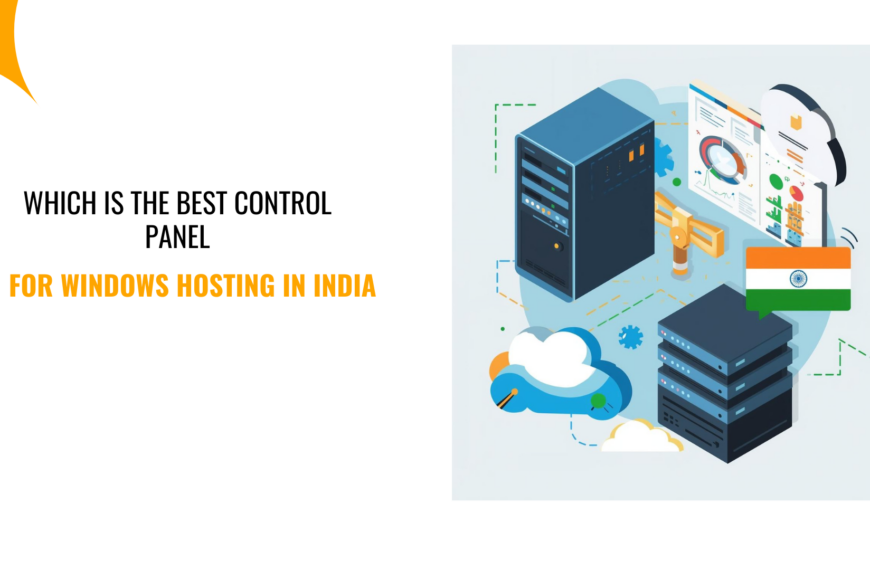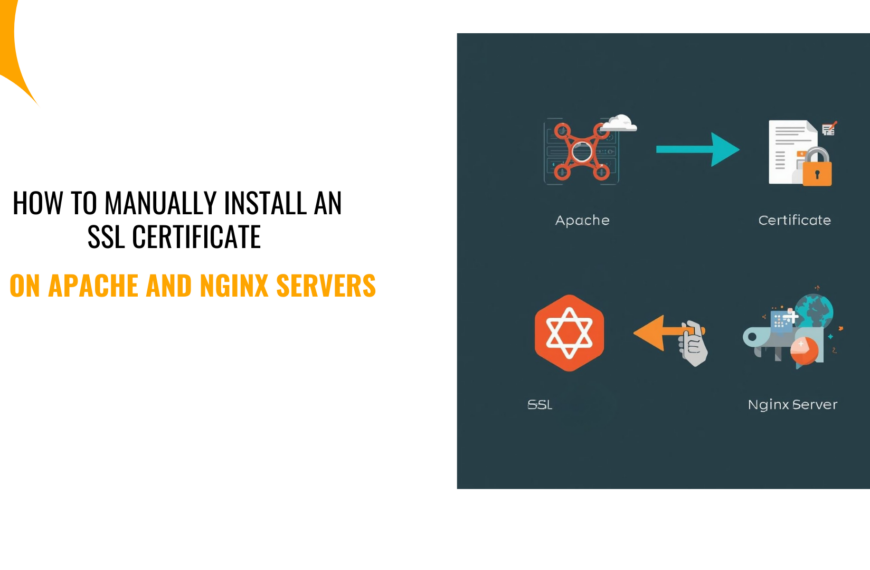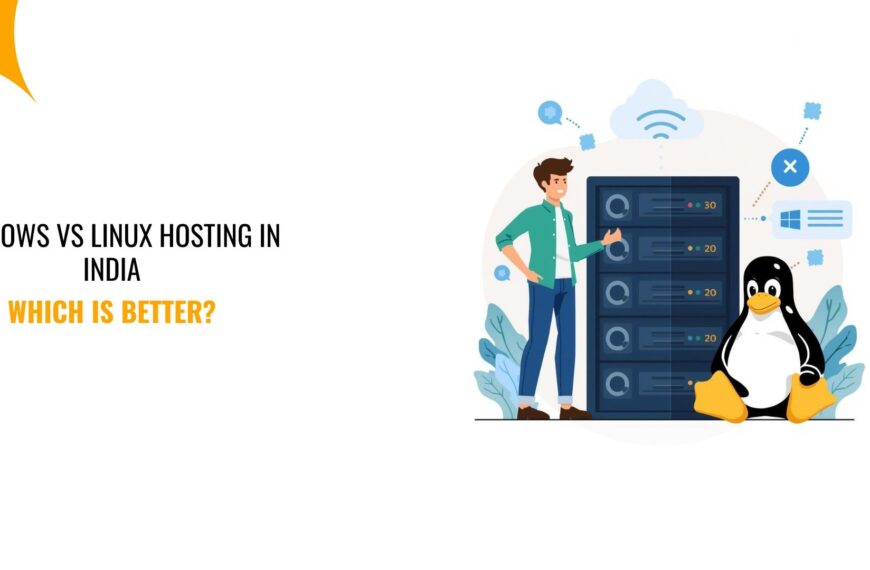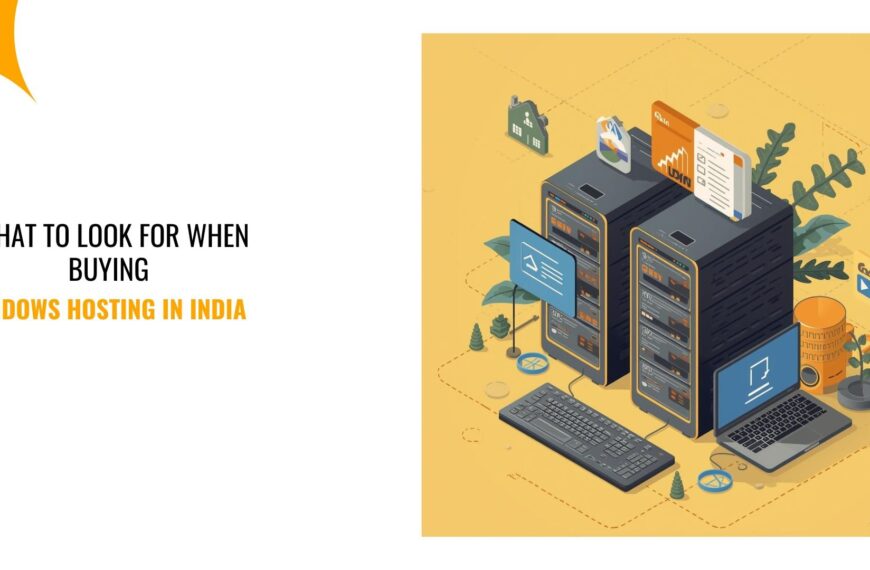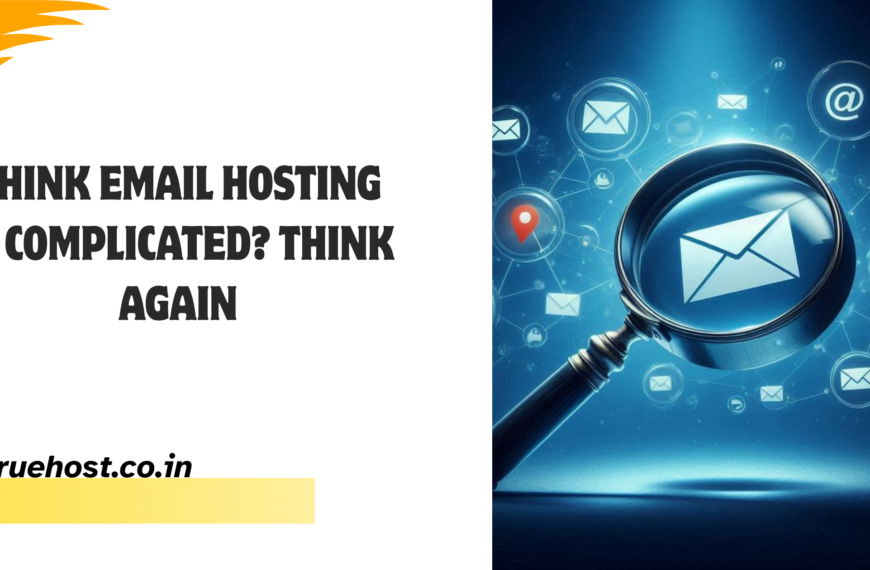It is no lie that most Indian SMEs often overlook important email security practices. Many assume that they are safe behind a basic Gmail and a password protection.
In reality, without some robust authentication methods, most of these businesses are susceptible to phishing and malware attacks.
The consequences of this type of ignorance can be severe. From financial losses, reputational damage or even legal repercussions. All in all, email security is supposed to be on your priority list.
Let’s now get into some of the scary truths about email security that Indian SMEs need to address.
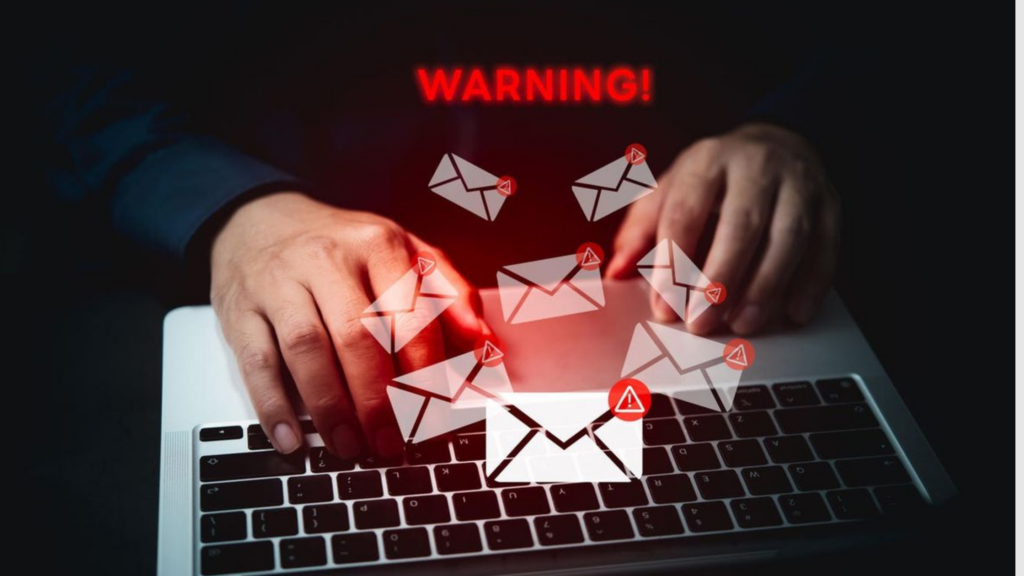
A Real-World Case of BEC Gone Wrong
Back in 2023, Torrent Gas, which is a major energy company in India, fell victim to a scam that has been used on many businesses. It all started with one very convincing email. Someone pretending to be their supplier had sent a “routine” invoice. Same format to the real supplier. Same tone. Same urgency. One problem though: it wasn’t real.
At this point, you can already guess how the script goes. The company unknowingly wired Rs 24,000 EUROS, which amounts to more than Rs 22 lakh, to the fake account. By the time they caught on, the money was already long gone.
This wasn’t some genius high-tech heist either. It was a textbook Business Email Compromise(BEC). The kind any SME could fall for when the inbox looks normal and trust clouds better judgement.
The painful part of all these, it is not just Torrent. A Business Standard report showed that Indian organisations are among the most likely to be hit with a successful email attack.
Those affected losing an average of over $1 million which is approximately Rs 8.2 crore. This shows the extent of this problem.
When interviewed, Parag Khurana, the Country Manager, Barracuda Networks India, said that
“Email-based attacks can be the initial access point for a wide range of cyber threats, including ransomware, information stealers, spyware, crypto mining, other malware, and more. It is not surprising that IT teams around the world don’t feel fully prepared to defend against many email-based threats,”
“Growing awareness and understanding of email risks and the robust protection needed to stay safe will be key in keeping organisations and their employees protected in 2023 and beyond,” he added.
The report pointed out that most email attacks in India end up messing with a brand’s reputation (49%), making the IT team look bad (48%), and causing serious downtime or business disruptions(43%).
Why SMEs in India Are Easy Prey
As mentioned before, India ranks among the top targets globally for email threats. These include phishing, malware, and ransomware. In 2024 alone, India accounted for 8.3% of all email threats worldwide, the highest in Asia.
MSMEs, startups, and small businesses are the front‑line targets because they:
- Lack formal cybersecurity policies with only 13% having one
- Use weak or re‑used passwords
- Operate on outdated email servers or poor infrastructure
- Often lack dedicated IT security teams
- Most execute operations via remote or home systems without proper safeguards
In fact, a Cisco study reported 73% of Indian organizations saw increased cyber threats while working remotely.
9 Essential Email Security Tips for Indian SMEs
Contrary to what many believe, you do not need fancy and expensive tools when it comes to enhancing email security for Indian Small and Medium-sized Enterprises.
You just need strong measures and following these core steps:
1) Enable 2‑Factor Authentication (2FA)
Studies have shown that many Indian users are reusing passwords and skipping advanced authentication tools. When you enable a 2FA for your business email accounts, you add an extra security layer to your account. This works by requiring a second verification method aside from your password that could be either a code sent to your phone or an authenticator app.
2) Use a Custom Domain Email and Strong, Unique Passwords
Most SMEs make the greatest mistake when they fail to have a custom domain email. See, a custom domain email, or a business email, normally comes with extra security features that minimises the risk of email security threats.
Also, your password should be strong and unique. It should be something no one can guess easily and have a mix of uppercase, lowercase letters, numbers, and even symbols. It is also advisable to make your password 12 characters long.
3) Train your Team to Spot Phishing and BEC Attacks
Most of the email security threats victims could have saved themselves if they knew how to sniff the red flag from a mile away. Without a second thought, employees need to be educated on how to identify fake invoice emails, phishing emails which often try to trick users into revealing sensitive information, spoofed senders and even urgent requests.
4) Update your Email Server Software Regularly
Many of the email security breaches stem from unpatched vulnerabilities. So, if you are using cPanel, ensure all email clients, operating systems, and security softwares are updated with the latest security patches.
Remember that outdated softwares can have vulnerabilities that hackers can exploit.
5) Secure Email Gateways
Always make sure you implement secure email getaways that will scan emails for threats, filter spam, and even prevent phishing attacks. You could even deploy SPF, DKIM & DMARC records to help prevent spoofing and phishing.
6) Regular Security Audits
Even the strongest of email security measures can be breached if regular security audits are not done. Do this to identify vulnerabilities, monitor login activity and to gauge the effectiveness of the already in place security measures.
7) Conduct Regular Back Ups
Backing up your emails and contact data regularly helps you protect your account from potential ransomware and loss of data.

8) Set Access Controls
Not every employee needs access to everything. Limit what team can access what information or accounts. Especially when it comes to who can authorize bank transfers from email.
9) Incident Response Plan
When you prepare yourself for the worst case scenario, you are in a position to save yourself before more severe damage is made. Come up with a plan for responding to email security incidents. This could range from how to identify the breach, notifying affected parties, and restoring systems.
SMEs Speak Up: When Email Failure Hits Home
While the official quotes are rarely available publicly, SME survey data done by Prime InfoServ, speaks volume:
- 74% of businesses reported at least one cyberattack in the past year
- 60% of the breached SMEs never recovered and shut down within 6 months
Actually, this goes to show that when email security fails, everything crumbles too.
Below is a summary of the most common threat vectors for Indian SMEs
| Threat Type | Prevalence (%) | Source |
| Ransomware | 35% | DSCI Industry Insights, 2024 |
| Business Email Compromise | 27% | India SME Forum Survey, 2024 |
| Insider Threats | 18% | CERT-In Annual Incident Digest, 2024 |
| Cloud Misconfigurations | 12% | MeitY-SME Security Report, 2024 |
| Social Engineering Scams | 8% | NASSCOM Cyber Readiness for MSMEs, 2024 |
Read Also:
- Think Email Hosting Is Complicated? Think Again
- Why You Need an SSL Certificate for a Website to Remove the ‘Not Secure’ Error
- How To Earn From Shopify in India: 10 Ways Explained
What Forward-Thinking SMEs Are Doing Differently
We are now at a time where one fake email can drain your business’ account. It is this very reason that has made smart SMEs to level up their email security with real action. Some of the things they are doing are listed below so you too can join the group.
- Running gap assessments
- Conducting internal & third-party audits
- Auditing cloud configurations
- Building awareness through employee training
- Engaging MSSPs or vCISO services
Practical Steps You Can Take Today
- Patching systems, using antivirus, and setting up firewalls
- Enabling MFA on all business-critical tools
- Training your team to spot phishing and social engineering tricks
- Testing how fast and clean your backup recovery really is
- Doing basic risk and compliance checks
- Vetting your vendors and third-party access
- Reviewing who has access to what in your cloud tools
- Bringing in advisory support like vCISO or MSSP
- Knowing the rules that govern your industry
How Truehost Can Anchor Your Email Security
By now you have already seen the statistics and the testimonials. It is no brainer that email security is non-negotiable for your business. So, what can a secure email hosting provider like Truehost offer?
- Custom email accounts on your own domain, boosting legitimacy and trust.
- Tools to configure SPF, DKIM, DMARC easily in DNS settings.
- Automatic security updates for the email server and cPanel.
- Spam filtering, antivirus scanning, IP reputation monitoring.
- Built-in backups: recover accounts if hacked or corrupted.
- 2FA support, strong password enforcement, control panel access.
To many customers and clients, SMEs that use a branded email address and secure hosting setups are seen as 98% trustworthy.
👉 Start here with Truehost’s Email Hosting
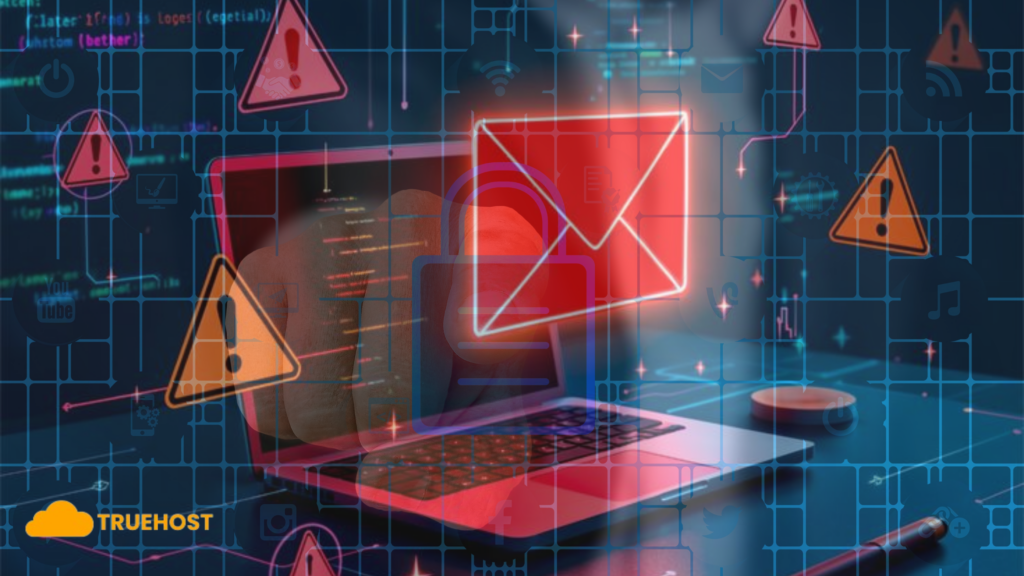
Conclusion: Email Security Is Your Digital Front Line
Emails are nowadays used in sending invoices, confirming product orders, sending contracts, and running businesses. As emails remain the primary official communication channel, it is also a prime target for cybercriminals. It is for this very reason that email security practices need to be upheld by all SMEs.
You don’t need to do much. Just some simple but strong security measures will do. Start simple. Stay smart. And when you are ready to level up, know that Truehost has your back with trusted email security tools built for businesses like yours.
 Web HostingBudget-friendly shared hosting plans
Web HostingBudget-friendly shared hosting plans Domains SearchFrom .com to unique country domains, explore and register extensions worldwide.
Domains SearchFrom .com to unique country domains, explore and register extensions worldwide. WordPress HostingPower your blog or business with WordPress hosting.
WordPress HostingPower your blog or business with WordPress hosting. Email HostingSimple, secure email hosting that helps you stay connected and professional.
Email HostingSimple, secure email hosting that helps you stay connected and professional. Reseller HostingStart your own hosting business with easy and reliable reseller hosting plans.
Reseller HostingStart your own hosting business with easy and reliable reseller hosting plans. AffiliateJoin our affiliate program and earn commissions every time you bring in new customers.
AffiliateJoin our affiliate program and earn commissions every time you bring in new customers. cPanel HostingHosting powered by cPanel, the world’s most user-friendly control panel.
cPanel HostingHosting powered by cPanel, the world’s most user-friendly control panel. Windows HostingBuilt for Windows applications and websites
Windows HostingBuilt for Windows applications and websites IN Domain PricesDon’t miss out on the best domain deals in India!
IN Domain PricesDon’t miss out on the best domain deals in India! WHOIS LookupFind out who owns a domain name with a quick and easy WHOIS search.
WHOIS LookupFind out who owns a domain name with a quick and easy WHOIS search. Domain TransferTransfer your domain to us and enjoy reliable support every step of the way.
Domain TransferTransfer your domain to us and enjoy reliable support every step of the way. .Com DomainGet the most trusted domain for worldwide credibility
.Com DomainGet the most trusted domain for worldwide credibility All TldsSearch and register domain extensions worldwide.
All TldsSearch and register domain extensions worldwide. Managed VPS HostingNot a tech expert? Choose our fully managed VPS service.
Managed VPS HostingNot a tech expert? Choose our fully managed VPS service. Dedicated ServersTake full power and total control of your own physical server.
Dedicated ServersTake full power and total control of your own physical server.
